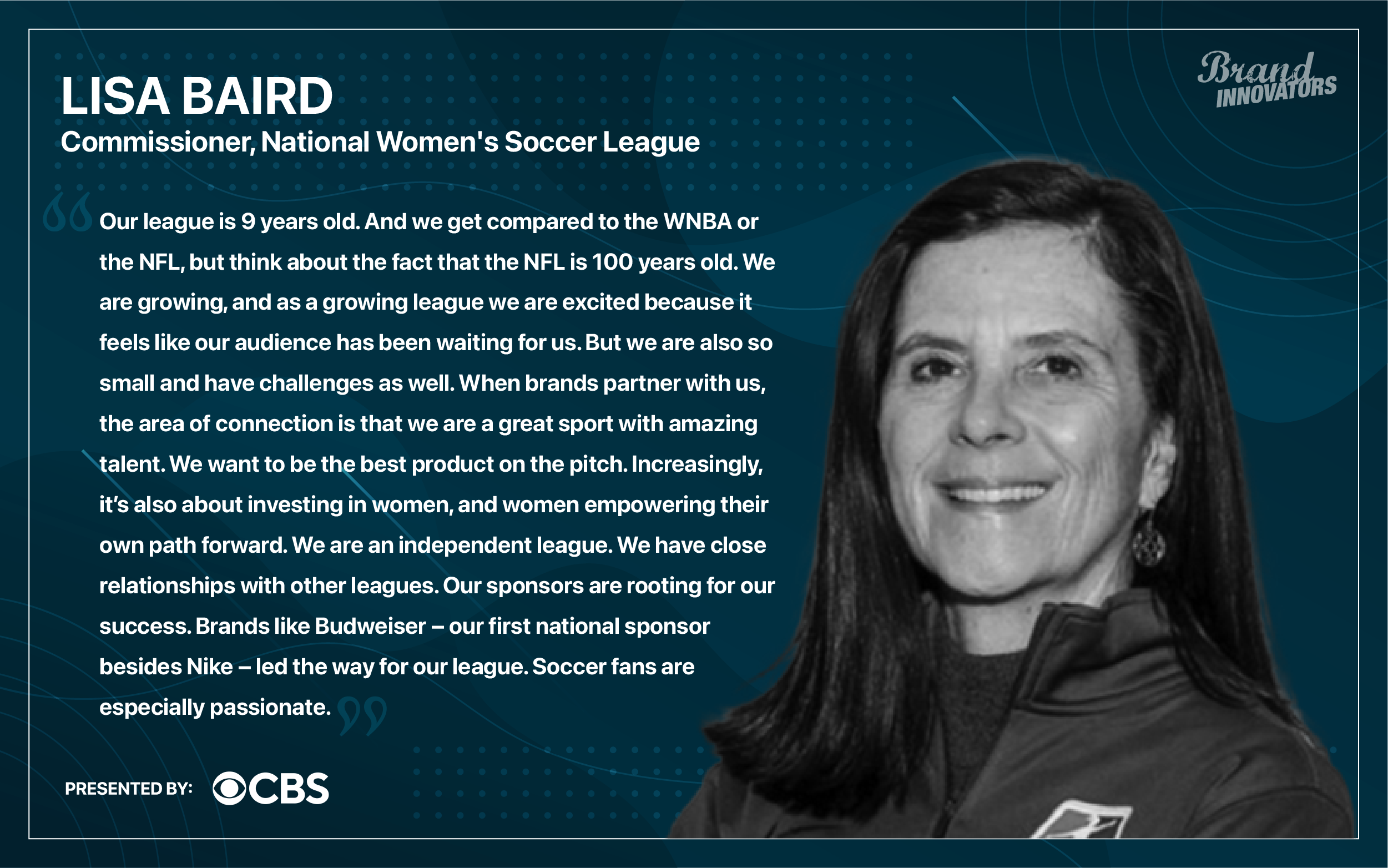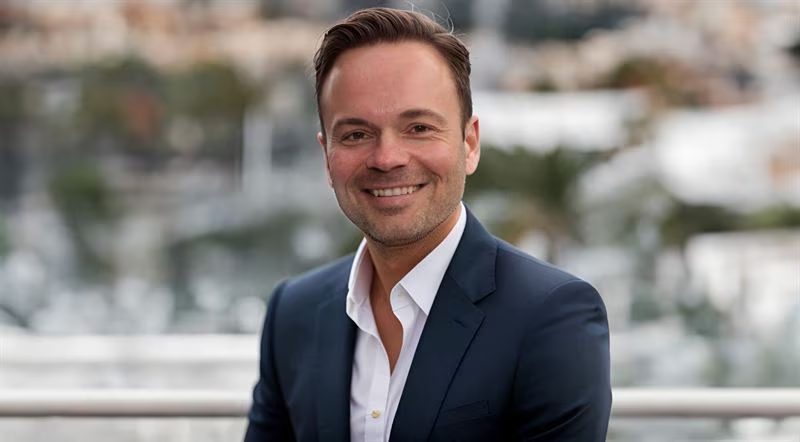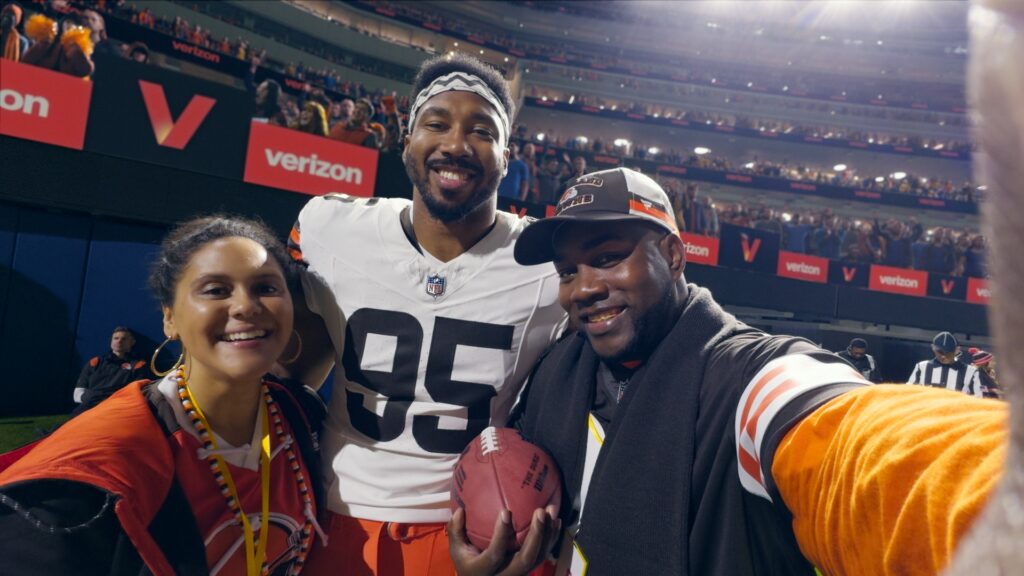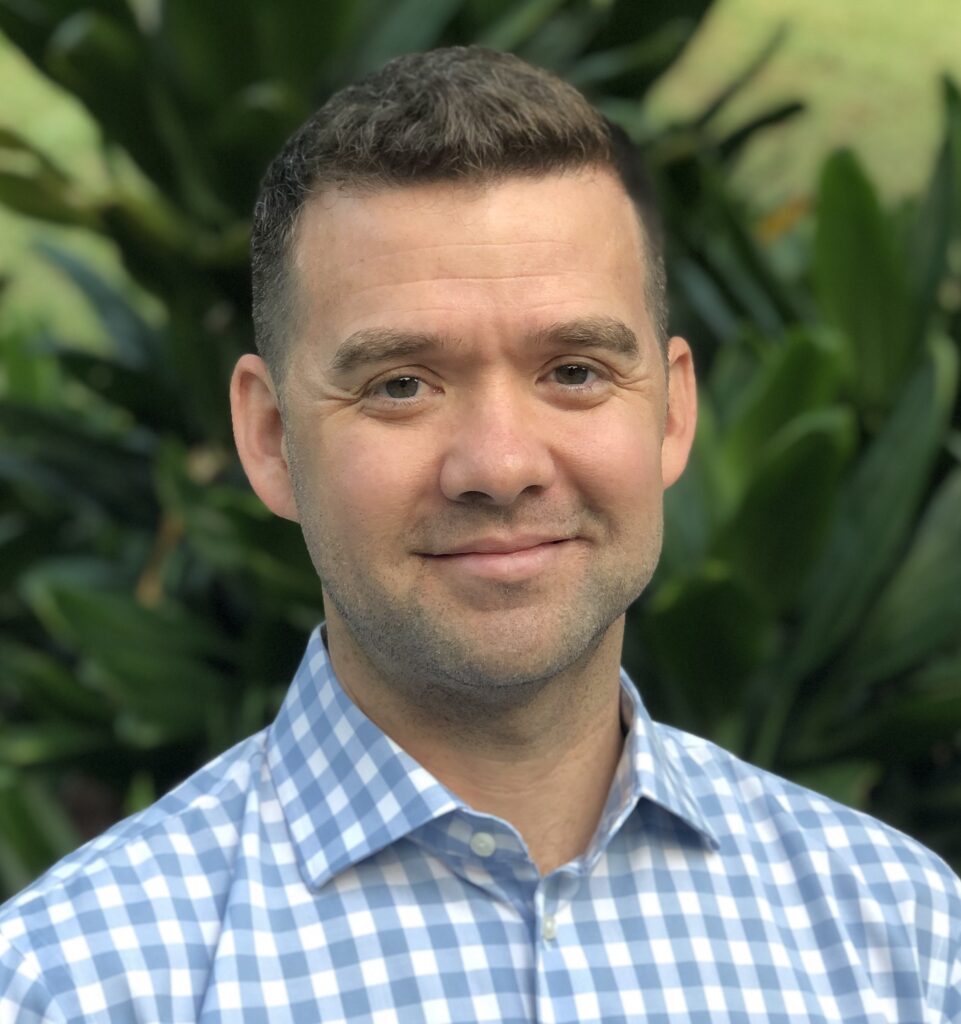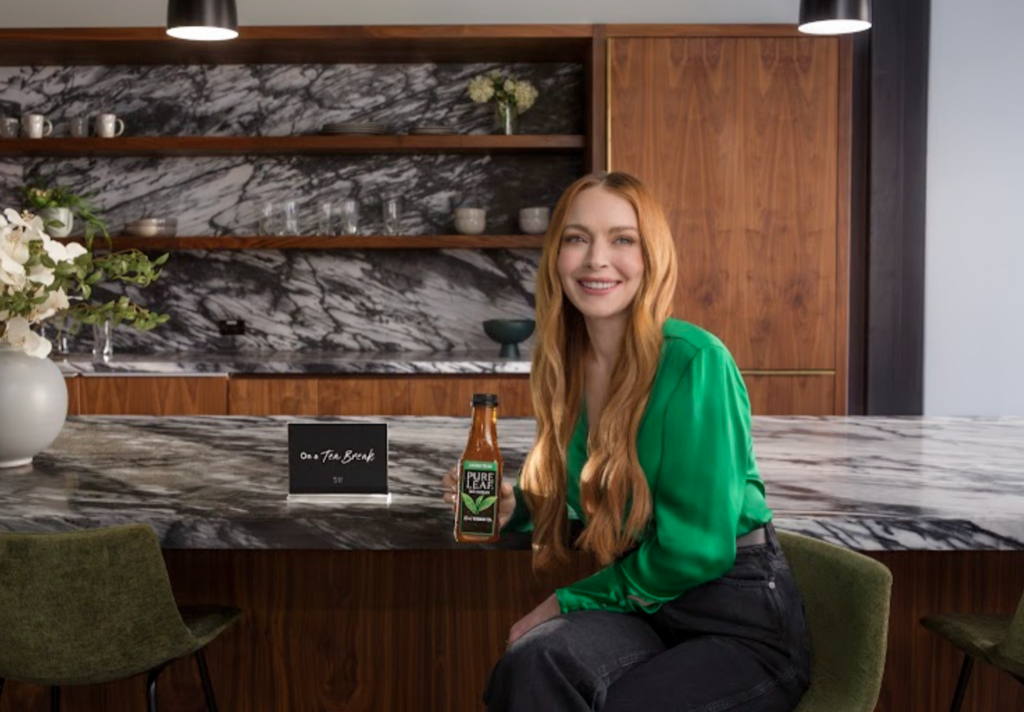When the US women’s soccer team demanded better pay, brands did not avoid the controversy – they took a stand and supported these female athletes. Over the last several years, the power of athletes has changed dramatically, as athletes are using their platforms to drive cultural conversations like never before.
In the past, the culture was to stay out of societal issues and focus on the game in order to attract brand partners, however today the opposite is true. Brands want to support athletes that use their platforms to speak up and use these spokespeople to connect to consumers.
“The position that women have been taking in soccer particularly has heightened the discussion of equality,” said Alan Rothenberg, Chairman, Premier Partnerships. “The player’s activity has forced companies and brands to be in a position where they have to decide whether they get involved in a public issue or not. God bless the athletes for stepping up to be heard. The challenge is less on us but more on the companies and brands whether they want to step forward and take positions.”
Soccer has a growing audience in the United States and brands are looking to the sport to connect with these consumers. Brand Innovators’ latest Sports Marketing Upfront event focused specifically on this growing sport.
The National Women’s Soccer League (NWSL) is only 9 years old – still in its childhood compared to the 25 year old WNBA and 102 year old NFL.
“We are growing, and as a growing league we are excited because it feels like our audience has been waiting for us,” said Lisa Baird, Commissioner, NWSL. “But we are also so small and have challenges as well. When brands partner with us, the area of connection is that we are a great sport with amazing talent. We want to be the best product on the pitch. Increasingly, it’s also about investing in women, and women empowering their own path forward. We are an independent league. We have close relationships with other leagues, specifically MLS. Our sponsors are rooting for our success. Brands like Budweiser – our first national sponsor besides Nike – led the way for our league. Soccer fans are especially passionate.”
For Budweiser, it’s a matter of being as relevant and energetic in the sports world as possible. “Women’s sports have always been important, and continue to be more and more relevant,” said Matt Davis, Head of Sports Marketing, Anheuser-Busch. “We saw an opportunity in NWSL, because we already sponsored the women’s US national team. We are a founding partner of the WNBA and have been involved with them for 25 years. The value for us is being locally relevant. These fans are so passionate, and this is a unique opportunity for us to get involved with them and show them that we also support their passions and see value in that. We don’t look at it as men’s or women’s sports, it’s just about where the passion is.”
Andrea Brimmer, Chief Marketing & PR Officer, Ally, a former college soccer player herself, has been leading the charge to grow her brand’s footprint in soccer over the years. The brand is also an official sponsor of NWSL which allocates resources to the players in a move to tackle wage disparity.
“What was nagging at both myself and at our head of sports and brand marketing, was that we really wanted more expansive growth in women’s sports and we love soccer on so many levels – the diversity, the demographic is wonderful, the upward trajectory of it in the country,” she said.
“Being able to get into the National Women’s Soccer League was so exciting for us, they’re great partners, they’ve done a great job with all of the big brands they’re bringing in – which is awesome… Women need big brands to come in and dig deep and not just talk about words. It’s really easy to come in and slap your logo on some merchandise, it’s harder to take a portion of your budget and allocate it to the players and say ‘whatever you need, this fund is available to you’.”
Paypal wanted to use their new naming rights of the stadium – Paypal Park– as an opportunity to welcome fans back into stadiums and reimagine the future of live event experiences leveraging Papals payment technology.
“You’ll see a big drive to a real seamless commerce so fans can really participate in the game and not have commerce as a barrier to get their food, merchandise, etc. We have a lot of technology integration that will be playing out – we’re so excited about that and introducing our consumers to that,” said Jill Cress, VP Consumer Marketing, Paypal.
Wells Fargo created Community MVP, a program designed to recognize soccer fans in each of the MLS markets who have contributed to their communities but using soccer as the vehicle. Each team selects a fan to represent them. “What’s really neat is to see fans within those markets, within those teams, cheer on their local MVP to see them win,” explained Sara Toussaint, VP Sports Marketing, Wells Fargo. “It’s all fan engagement, community involvement, we’ve turned it into this content that’s a 30 second spot so instead of using a brand, we will highlight the nonprofits that have been nominated. When the pandemic hit, we made it so when a fan won, they could take back a financial gift to take back to their communities.”
During the pandemic, Wells Fargo converted many of its idle branches into food banks to help combat food insecurity and tied that national initiative to soccer. For every assist that was made at every MLS tournament, Wells Fargo would contribute financially to a local food bank in the MLS market. Over the course of a couple of months, the brand raised $135,000.
For Pepsi, a brand involved in every major sport out there, soccer offers a unique opportunity to reach Hispanic consumers.
“Soccer in particular lives within the heart of the latino so you have to keep in mind that America’s growing Hispanic population reached 60 million people in 2019 and its growing yearly and more than 37 million people in the US speak Spanish at home so it’s making it the most common non-english language in the US,” said Mariela Estrella, Senior Marketing Manager – Hispanic Business Unit, PepsiCo. “So we want to make sure that the language and cultural barrier that has carried over into the soccer world is really touching our fans and we’re speaking to them in an authentic way.”
Soccer also offers brands a chance to support young women and promote change. Audi of America is working with Major League Soccer on a huge initiative around their academy programs and making that much more inclusive, on how they’re recruiting into these academy programs. “We’re hopeful that MLS next is going to have girls programming soon, which is something that we’re really excited about,” said Shawna Burtscher, Director, Experiential Marketing, Audi of America.
